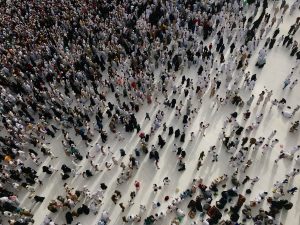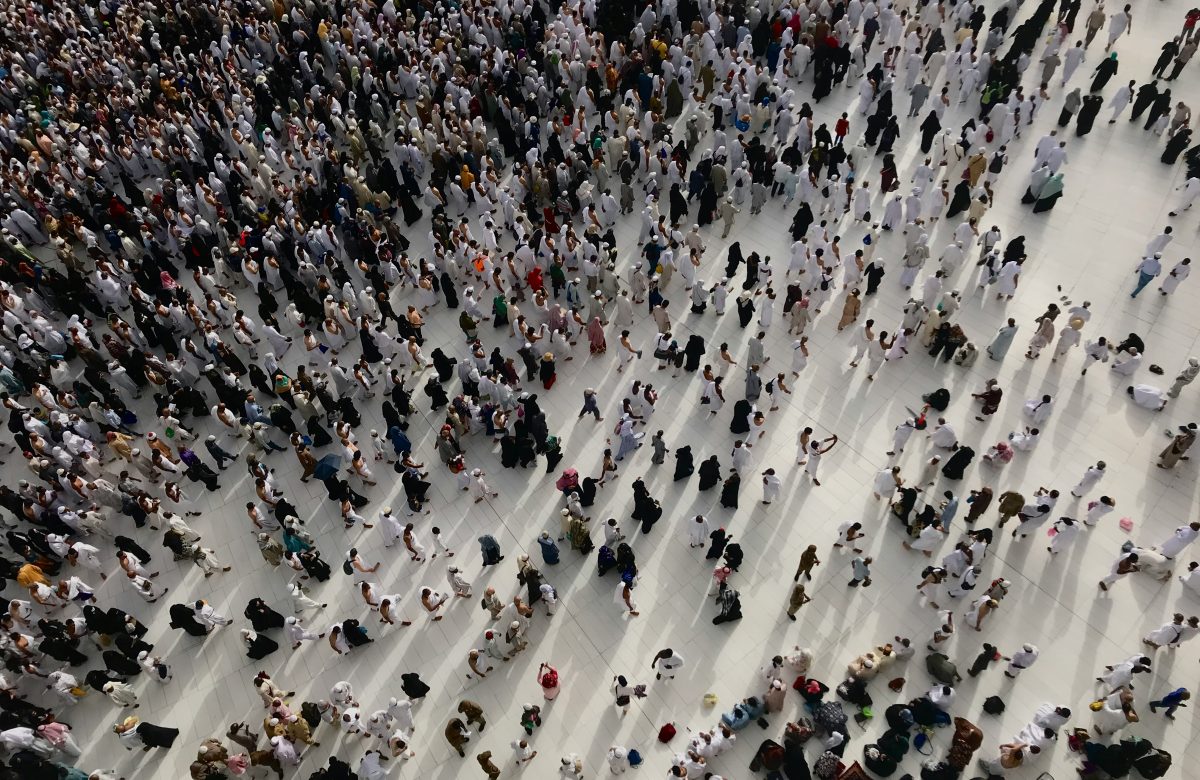The 7,900 Ways We Are Divided—and Why Soul Day Matters
Humanity is diverse—remarkably so. Across the globe, people differ in language, culture, beliefs, politics, and countless other aspects of life. Yet, this diversity often manifests as division. Experts estimate that there are approximately 7,900 distinct divisions within humanity, defined by factors such as identity, ideology, status, geography, and biology.
These divisions are not just abstract categories. They are real, tangible lines that separate communities, influence policies, shape interactions, and often, perpetuate conflict. Understanding them is the first step towards bridging the gaps they create. And that’s why Soul Day exists.

The 7,900 Divisions Explained
The 7,900 divisions of humanity can be broadly categorized into five major areas: Identity, Ideology, Status, Geography, and Biology. Each of these areas is subdivided into countless smaller categories, making the total number truly staggering.
Identity
The most profound and complex divisions often revolve around identity—how people define themselves and others. This category alone comprises over 6,000 distinct groups.
-
Ethnicity: There are approximately 5,000 ethnic groups worldwide, from large groups like the Han Chinese to smaller, indigenous tribes whose cultural heritage is threatened by globalization.
-
Religion: With over 4,300 religions and countless denominations, the world is divided by different faith systems, beliefs, and practices. Christianity alone has over 45,000 denominations worldwide.
-
Gender and Sexual Identity: The spectrum of gender identities and sexual orientations continues to expand as societies evolve and more individuals find language to describe their experiences.
-
Cultural Subgroups: Within larger societies, subcultures form around music, fashion, technology, and other interests, creating communities that sometimes clash with mainstream norms.
The result of these divisions is a world where individuals often feel compelled to defend their identity against perceived threats or invalidation.
Related: The Power of Unity- Why standing together matters more than ever
Ideology
Political, philosophical, and social beliefs constitute another significant category of division. Experts estimate that there are 500+ ideological divisions worldwide.
-
Political Ideologies: From socialism, capitalism, and liberalism to anarchism, conservatism, and environmentalism, political beliefs are a major source of division.
-
Philosophical Perspectives: Differing worldviews—such as materialism, existentialism, spiritualism, and humanism—create further divergence in how individuals approach life’s fundamental questions.
-
Cultural Values: Ideological splits often form around progress vs. tradition, collectivism vs. individualism, and secularism vs. religiosity.
Ideological divisions are particularly volatile because they often overlap with identity, influencing not only how individuals think but also how they act and interact with others.
Related: Empathy – The superpower that can change the world
Status (Power & Class)
Divisions of power and status are often rooted in systemic inequalities and social hierarchies. Researchers estimate 27 distinct categories of social stratification.
-
Wealth and Class: Economic inequality divides societies into classes—wealthy elites, middle classes, and impoverished communities.
-
Political Authority: Divisions between rulers and the ruled, democracy vs. autocracy, and centralized vs. decentralized power structures.
-
Military Power: Nations, groups, and individuals wield varying degrees of influence based on military strength and technological advancement.
-
Social Privilege: Factors such as race, gender, religion, and sexuality intersect with status, creating further stratification.
These divisions perpetuate cycles of privilege and oppression, making unity even more difficult to achieve.
Geography
Geographical divisions encompass not only political borders but also cultural, climatic, and regional distinctions. Approximately 21 categories define these differences.
-
Nation States: Nearly 200 countries ( 195 ) each with their legal systems, customs, and conflicts.
-
Urban vs. Rural: Lifestyle differences between city dwellers and those living in less populated areas.
-
Climate Regions: Environmental factors shape the cultures and interactions of people living in vastly different ecological settings.
-
Cultural Regions: Areas where distinct languages, traditions, and histories define local identities.
Geographical divisions can be both natural and artificial, but their impact on human relationships is undeniable.
Biology
Physical and biological differences are another significant area of division, estimated to consist of 23 categories.
-
Appearance: Traits like skin color, height, and physical disabilities have historically been exploited to justify discrimination.
-
Age: Generational divides influence how societies view progress, morality, and tradition.
-
Health and Ability: Divisions based on physical and mental health status further contribute to societal fragmentation.
These biological differences are often weaponized by those seeking to assert dominance or exclude others.
Related: Kindness and Authentic Connection: The Foundations of a Healthy Society
Why It Matters
The sheer number of divisions within humanity is not just a statistic—it is a reflection of our fragmented reality. These 7,900 distinctions influence how we interact, how we form relationships, and how we perceive others. When these divisions are exploited—whether by political leaders, media outlets, or cultural institutions—they contribute to polarization, conflict, and misunderstanding.
But these divisions also present an opportunity. The fact that we can identify them means that we can address them. This is the underlying philosophy of Soul Day—a global movement aimed at reclaiming August 6th as a day of healing, connection, and unity.
On Soul Day, we acknowledge our differences without allowing them to define us. We celebrate diversity, but not division. We embrace uniqueness, but not isolation. The purpose of Soul Day is to create a moment where people all over the world choose to connect rather than retreat into their own identities.
By participating in Soul Day, you are making a conscious effort to bridge divides and strengthen the bonds that unite us. Whether through acts of kindness, meaningful conversations, or simply reflecting on what it means to be human, you are contributing to a more cohesive and compassionate world.
Join the movement on August 6th. Together, we can turn 7,900 divisions into countless connections.
